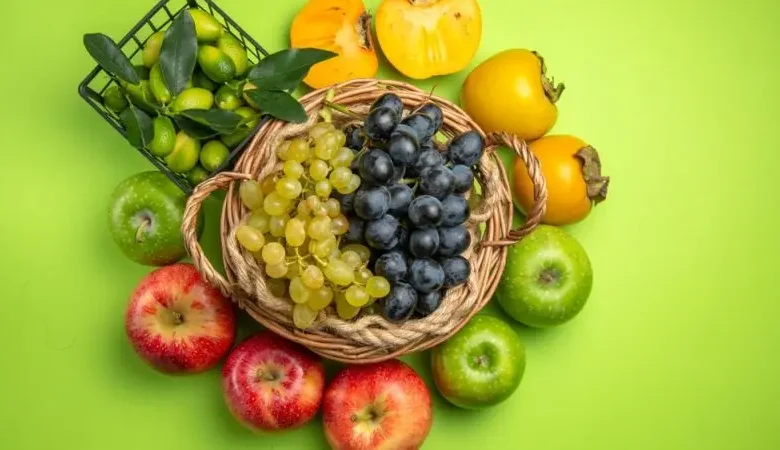Types of vitamins and their top sorces

Vitamins are essential nutrients that the body needs to function properly. They play a crucial role in maintaining health, supporting immune function, promoting growth, and ensuring the proper functioning of organs. Since the body cannot produce most vitamins on its own, they must be obtained through a balanced diet.
Here’s a look at the different types of vitamins and their top food sources:
1. Vitamin A
Vitamin A is essential for maintaining good vision, a healthy immune system, and cell growth.
- Top Sources:
- Carrots: A rich source of beta-carotene, which the body converts into vitamin A.
- Sweet potatoes: Another excellent source of beta-carotene.
- Spinach: Contains both beta-carotene and other antioxidants.
- Egg yolks: Provide vitamin A in the form of retinol.
- Liver: Particularly beef liver, which is packed with retinol.
2. Vitamin B Complex
The B vitamins include eight different types that help convert food into energy, promote healthy skin, hair, and muscles, and support brain function.
- Vitamin B1 (Thiamine):
- Whole grains: Brown rice, oatmeal, and whole wheat.
- Sunflower seeds and pork are also good sources.
- Vitamin B2 (Riboflavin):
- Milk: A major source of riboflavin.
- Eggs, almonds, and leafy greens like spinach.
- Vitamin B3 (Niacin):
- Chicken, turkey, and fish like tuna and salmon.
- Peanuts and whole grains.
- Vitamin B6:
- Bananas, potatoes, and chickpeas.
- Poultry and fish.
- Vitamin B7 (Biotin):
- Egg yolks, almonds, and whole grains.
- Salmon and avocados.
- Vitamin B9 (Folate/Folic Acid):
- Leafy greens like spinach and kale.
- Citrus fruits, beans, and lentils.
- Vitamin B12:
- Animal products: Eggs, dairy, meat, and fish like salmon and tuna.
- Fortified cereals and nutritional yeast (for those on a plant-based diet).
3. Vitamin C
Vitamin C is important for skin health, immune function, and the absorption of iron.
- Top Sources:
- Citrus fruits: Oranges, lemons, and grapefruits.
- Bell peppers: Particularly red bell peppers.
- Kiwi, strawberries, and broccoli.
- Tomatoes and spinach.
4. Vitamin D
Vitamin D supports calcium absorption, bone health, and immune function.
- Top Sources:
- Sunlight: The body naturally produces vitamin D when exposed to sunlight.
- Fatty fish: Such as salmon, mackerel, and sardines.
- Egg yolks and fortified dairy products (milk, cheese, and yogurt).
- Fortified cereals and mushrooms exposed to sunlight.
5. Vitamin E
Vitamin E acts as an antioxidant, helping to protect cells from damage and supporting immune function.
- Top Sources:
- Nuts: Almonds, hazelnuts, and peanuts.
- Seeds: Sunflower seeds.
- Spinach, broccoli, and avocados.
- Vegetable oils: Sunflower, safflower, and olive oil.
6. Vitamin K
Vitamin K plays a crucial role in blood clotting and bone health.
- Top Sources:
- Leafy greens: Kale, spinach, and broccoli.
- Brussels sprouts, cabbage, and green beans.
- Soybeans and fermented foods like natto (fermented soybeans).
Vitamins are essential for maintaining optimal health, and each one plays a specific role in the body. By consuming a varied diet rich in fruits, vegetables, lean proteins, and whole grains, you can ensure you’re getting a good balance of all the necessary vitamins. Whether you focus on leafy greens for vitamin K, citrus fruits for vitamin C, or fish for vitamin D, the key is diversity in your food choices.










